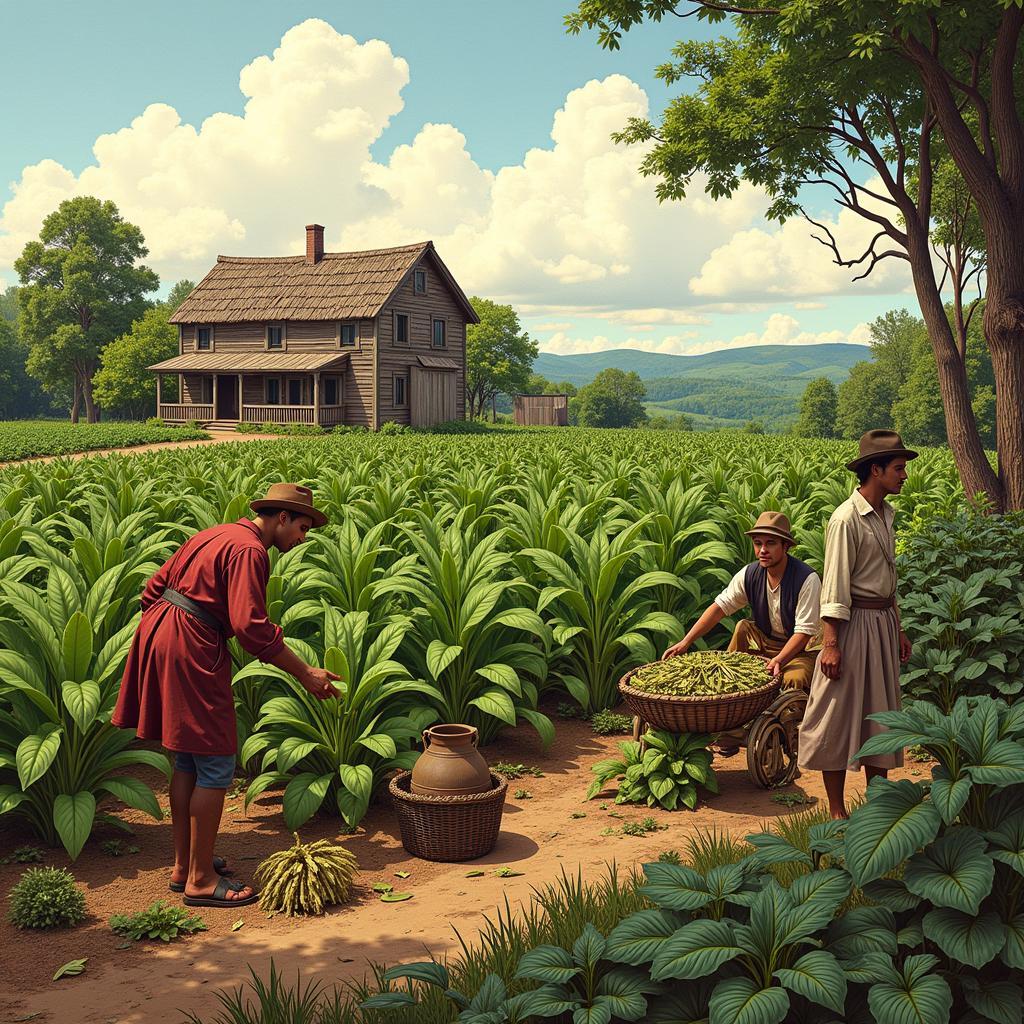The Jamestown Society stands as a pivotal symbol in the tapestry of American history. Established in 1607, this first permanent English settlement in North America endured hardship, conflict, and adaptation to forge a path for the nation to come. Examining the Jamestown Society through a lens of peace allows us to glean valuable insights into the complexities of cross-cultural interaction, the enduring power of resilience, and the ongoing pursuit of a more peaceful and just world.
The Seeds of a Nation: Jamestown’s Challenging Beginnings
Life in early Jamestown was fraught with challenges. The colonists, ill-prepared for the harsh realities of the Virginia wilderness, faced starvation, disease, and conflict with the indigenous Powhatan Confederacy. These early years were marked by a struggle for survival, highlighting the precarious nature of peace when basic needs remain unmet.
A Clash of Cultures: The Powhatan Confederacy and the Jamestown Colonists
The relationship between the Jamestown colonists and the Powhatan Confederacy was complex and often fraught with tension. While periods of trade and cooperation existed, cultural misunderstandings, competition for resources, and shifting alliances contributed to outbreaks of violence. The story of Pocahontas, often romanticized, serves as a reminder of the delicate balance between conflict and diplomacy in the face of cultural difference.
Enduring Hardship: The Starving Time and the Struggle for Survival
The “Starving Time” of 1609-1610, a period of severe famine that decimated the Jamestown population, stands as a stark testament to the fragility of life in the early colony. This period of extreme hardship tested the limits of human endurance and underscores the importance of cooperation and resource management for the survival of any community.
The Seeds of Change: Tobacco, Representative Government, and the Evolution of Jamestown Society
 Jamestown Tobacco Cultivation
Jamestown Tobacco Cultivation
The introduction of tobacco as a cash crop in the early 17th century brought significant economic and social change to Jamestown. The demand for labor fueled the growth of indentured servitude and, tragically, the transatlantic slave trade. This period also saw the establishment of the House of Burgesses in 1619, the first representative legislative assembly in the English colonies, marking a significant step towards self-governance.
Jamestown’s Enduring Legacy: Reflections on Peace, Resilience, and the Shaping of a Nation
While the Jamestown Society faced numerous challenges, its legacy continues to resonate. The story of Jamestown offers valuable lessons in resilience, adaptability, and the complexities of cross-cultural interaction. It reminds us that the pursuit of peace is an ongoing process, requiring empathy, understanding, and a commitment to justice. By examining the triumphs and failures of the past, we can strive to create a more peaceful and equitable future for all.